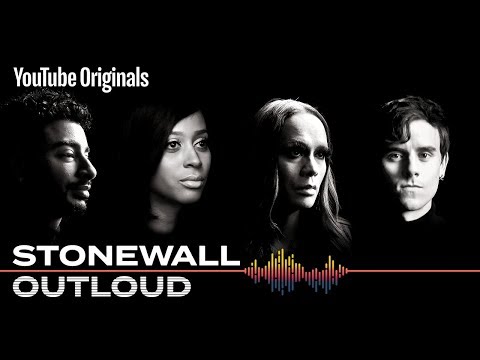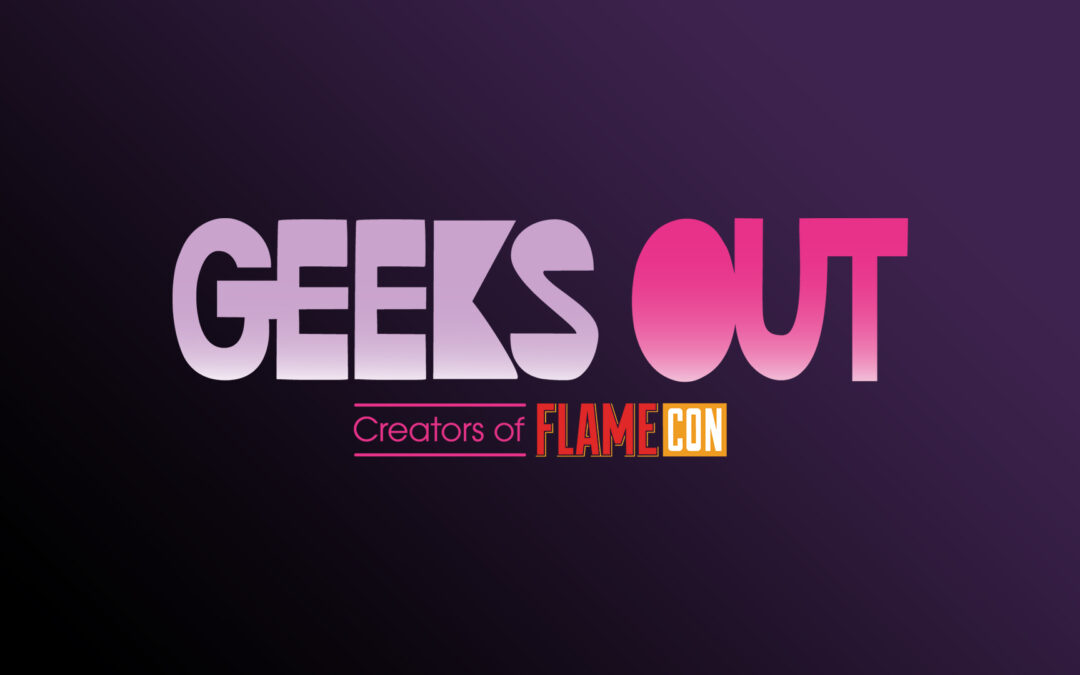
by Justin Lockwood | Nov 29, 2019 | Blog
I love gay history, so I jumped at the chance to attend a screening of the documentary short Stonewall Out Loud at the Stonewall last week. It initially premiered on June 5 of this year to coincide with the 50th anniversary of the riots and is currently streaming on...

by Geeks OUT | Dec 16, 2016 | Blog
A little more than one year ago, the movie Stonewall was released (I’d write came out, but that’s too easy). Supposedly about the riots that led to the Gay Rights Movement, it replaced the historic Black and Latinx rioters with the blandest cis white guy imaginable to...




